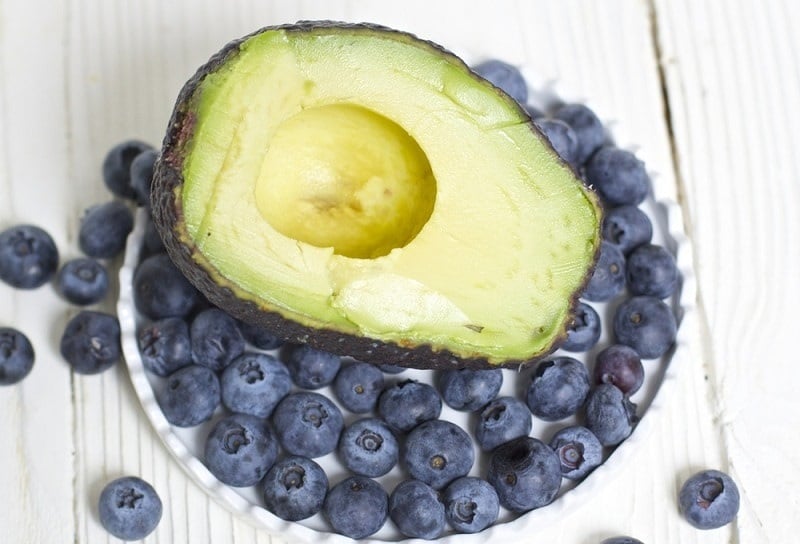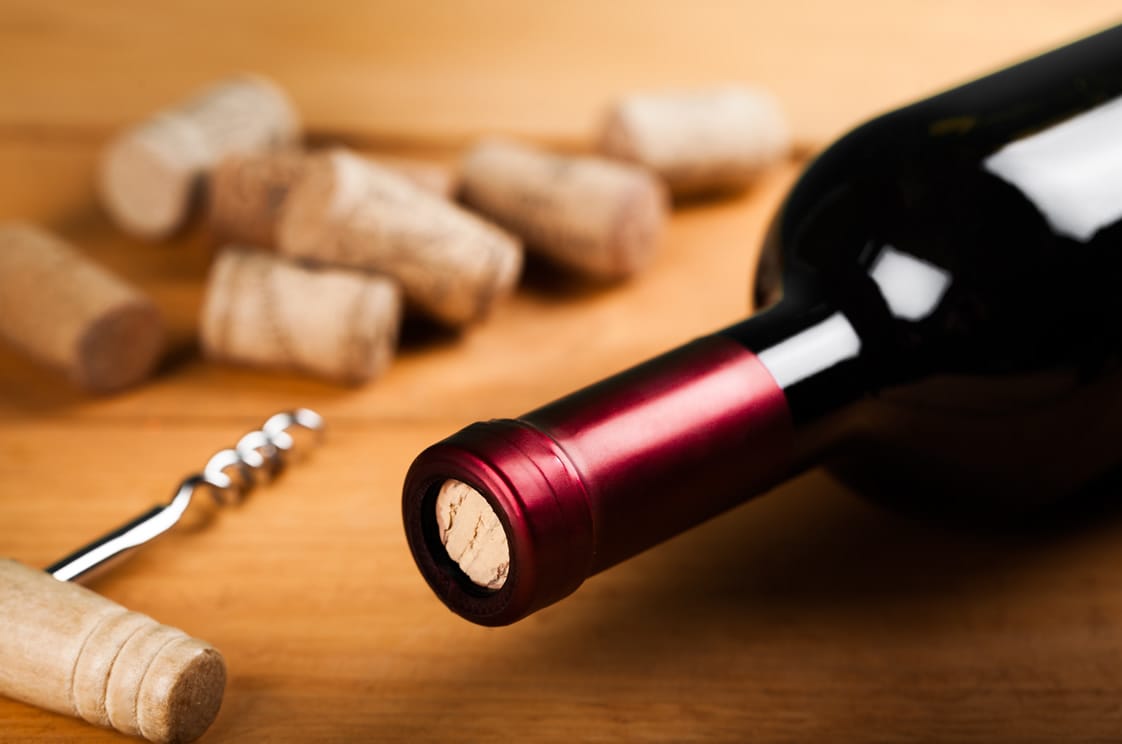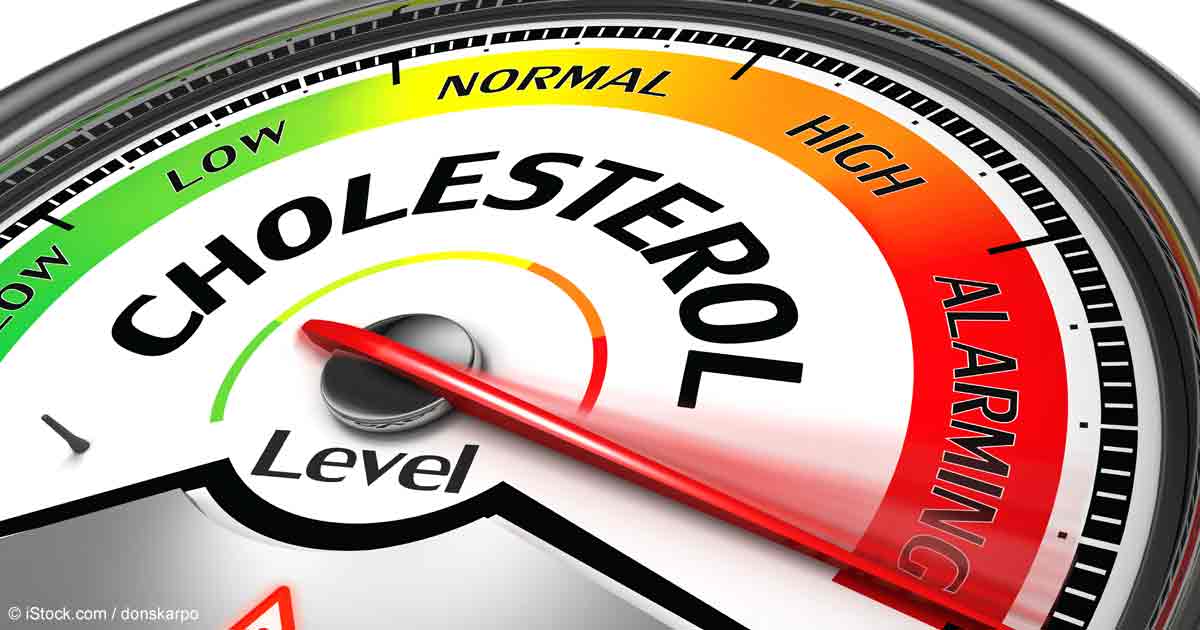People who pay close attention to their health will remove soft drinks and liquor without batting an eyelash for as long as they get to keep red wine. Sure there are teas, smoothies, and fresh fruit juices that they can still drink without feeling guilty but nothing beats the kick that they get from drinking red wine after a long and stressful day at work. Besides, red wine has been considered a healthy drink since the 90’s. More and more studies show evidence that red wine has the ability to prevent heart disease and cancer, help you live longer, and make you look way younger than your actual age. This is because wine is a good source of resveratrol, an antioxidant found in the skin of red grapes, peanuts, and berries. There are plenty of health benefits inside that sexy bottle of red wine; however, there’s a risk that it may also contain incidental ingredients such as animal proteins, allergens, and pesticides that might harm your body. These may have contaminated the wine during the production process.
When the Environmental Working Group surveyed crates upon crates of imported grapes, they discovered that 86% had pesticides and 77% had more than one type of pesticide. Moreover, a lot of the wine grape growers from California are dependent on chemicals to speed up the production and meet the demands of the market. According to a study conducted in 2003 by the Pesticide Action Network, grapes from California contained pesticides that equaled an estimate of 21 million pounds. Scary, right?
Many vegetarians and vegans are particularly concerned with fining –a wine making process that dates back to the ancient times. Fining stabilizes and clarifies wine by using animal proteins and non-animal ingredients as agents that fasten themselves to the insoluble matter and make their way to the base of the barrel. This makes it easier to filter solid particles from the wine. Examples of the animal proteins used as agents are casein, fish, egg whites, gelatin and chicken. The non-animal ingredients are bentonite clay, hydrolyzed wheat gluten, and pea protein isolate. While these agents are filtered from the wine prior to bottling some of the non-animal ingredients such as wheat gluten might still pollute the wine.
Gluten may also be sourced from oak barrels. Wheat flour, which contains gluten, is used as a paste in making oak barrels. When oak chips are added or when wine is left in oak barrels during aging, these may leave tinges of gluten and wheat. These are in addition to the astringents or tannins present in wine. You’re probably fidgety at this point because you’re a big wine drinker and you can’t stop drinking red wine. It’s become one of your faithful guests during dinner and it’s your chill buddy when you need to unwind and the thought of giving it up is stressing you out. Well, you can breathe now because the good news is you don’t have to give it up. However, it’s highly recommended that you switch to organic wine so you can protect yourself from the above-mentioned concerns and so you can maximize the health benefits that you can get from resveratrol.
A study conducted by the Organic Consumer Organization showed that the antioxidants found in organic foods are 30% more than the antioxidants in non-organic food. This means that you have a higher chance of fighting cancer, heart complications, and other diseases if you add more organic foods in your diet. Following this logic, the resveratrol levels in organic wine are 32% more than that of conventional wines.
Organic wine is also made from grapes except that these grapes are organically grown. This means that no pesticides or chemicals were used. However, this does not mean that incidental ingredients or sulfites were not used during the fermentation process.
Now the question is, how will you know if a wine is organic?
Seeing the word “organic” on the label does not assure you of anything. You have to make sure that the wine carries the United Stated Department of Agriculture (USDA) organic seal. Only winemakers that gave details about third party certification and used grapes that were organically grown are allowed to place this seal on their label. Before buying organic wine, look for the words “NSA” or “Sulfite-Free” because you can’t be sure that wines with the label “Made with Organically Grown Grapes” are free from sulfites and other chemicals.
Remember, wines that are sulfite-free have a shorter shelf life compared to wines that contain sulfites so be sure to consume those bottles of organic wine in two years to three years. It’s no secret that wine contains health benefits.
However, excessive consumption of alcohol can lead to cancer, complicate the liver, and affect the production of hormones because it raises the levels of estrogen in the body.








